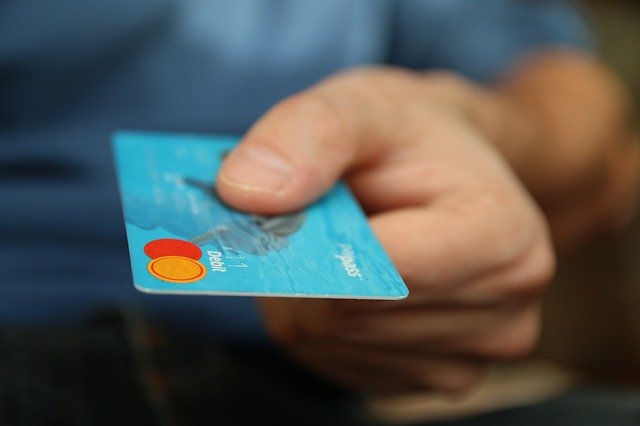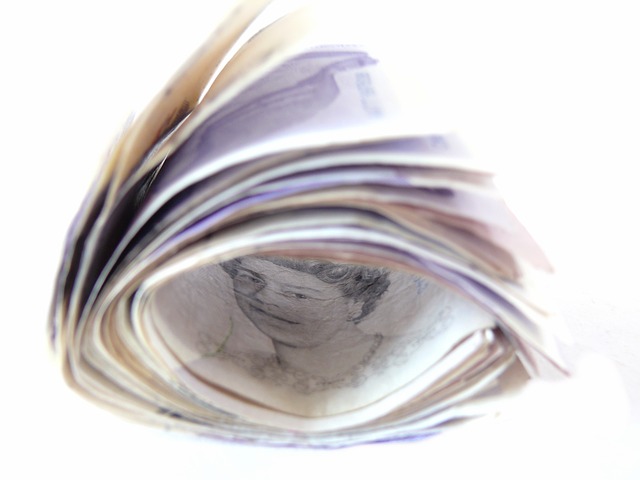
When trying to deal with everything that revolves around having poor credit, this can cause a great deal of stress. If you have made some bad choices in the past, it can be even more frustrating. You can fix your credit, but it might be difficult. These suggestions can help.
The first step in repairing your credit is figuring out a plan that works for you, and sticking with it. You have to be committed to making real changes to your spending habits. Sticking to necessities for a while is crucial. Ensure that you can afford everything you buy and that you really need it.
If you have a card that carries a balance of over 50% of the limit, you should pay it down to below 50%. You should keep your balances under fifty percent; anything over this and you can lower your credit rating, so spread out the money you own and pay down your credit cards.
Having a good record allow you to qualify for things like a home mortgage. Paying down your mortgage improves your score as well. Once you own a home, you will have financial stability secured by your assets, thus a good credit score. This will be beneficial when you apply for loans.
If a company promises that they can remove all negative marks from a credit report, they are lying. Negative credit information remains on your record for up to seven years. You should know that mistakes and anything incorrect can be removed from your credit report.
Ask credit companies to lower all of your card limits. Doing this keeps you from overtaxing yourself. It also shows the lending company that you are responsible.
When you are attempting to improve your credit score, carefully comb over your credit reports for negative information. Any mistakes, such as in the amount owed or the date the agreement was entered, could result in the removal of the entire negative trade line on your credit report.
Credit Card
When you get your monthly credit card bill, check it over to see if there are any mistakes. If you spot any late fees, immediately contact your credit card company. This can save you from having late payments reported to the credit reporting agencies.
High credit card balances can damage your credit. The first step to repairing credit is to pay those balances down. First, work on the accounts with the highest interest rates and the highest balances. This will show future creditors that you take your debts seriously.
This helps you retain a proper credit status. Paying late is placed on your credit report which can hurt your chances of getting a loan.
Comb through all of the bills that you get! Check to be sure that you actually purchased the things that are listed on your statement, so that you are only paying for things you bought. It’s up to you to make sure that every item on your bill is correct and dispute those that are not.

To increase your credit score lower the amount owed on revolving accounts. Simply lowering the balances on your open credit accounts can give quite a boost to your credit scores. The FICO system notes when balances are at 100, 80, 60, 40 and 20 percent of your total credit available.
While it can be hard to just let the negative reports go, the statement will not be considered when lenders look at your credit history. The basic reason for bad marks on credit is simple. You did not pay something you were supposed to pay. Lenders are often discouraged by people that make excuses for bad credit.
Dealing with a debt collection agency is one of the most traumatic parts of a financial crisis. A consumer had the option of making use of cease and desist statements to persuade collection agencies, but remember that C&D statements only prevent them from harassing you. They can prevent collectors from continuing to call a debtor, but they do not excuse the debtor from his or her outstanding financial obligations.
Make a plan so that you can get rid of past due bills plus any collection accounts. These things will still appear on a credit report, but they will be marked paid, which is better for your credit.
Be aware that threats made by a bill collector are illegal. As a consumer, you are protected by certain laws, and you need to be aware of them.
If you are unable to make minimum payments, contact the better business bureau for information on a trustworthy credit counseling service. These counselors can help you build a repayment plan that works for your financial situation. With assistance from credit counselors, you can learn valuable financial management skills while responsibly paying back your debt.
Minimum Payment
When attempting to fix your credit, you must pay the minimum payment on each credit card each month. Late payments are called in to the credit rating companies, and this hurts your score. Making a minimum payment consistently shows that the person paying is responsible.
Keep an active savings account and checking account to start rebuilding your credit. Having active accounts can show banks and creditors that you have steady income, that you pay your bills and that you use overdraft protection. Make sure you never overdraw your accounts and pay your bills on time to show how responsible you are.
Paying off extant debts is generally priority number one when it comes to credit improvement. You should be diligently paying off unpaid debts, otherwise your situation will only worsen.
You can get your credit score looking much healthier by taking advantage of this advice. Most importantly, be consistent, making sure to pay your bills on time. It is completely possible to rebuild your credit; stop worrying and start making changes.




